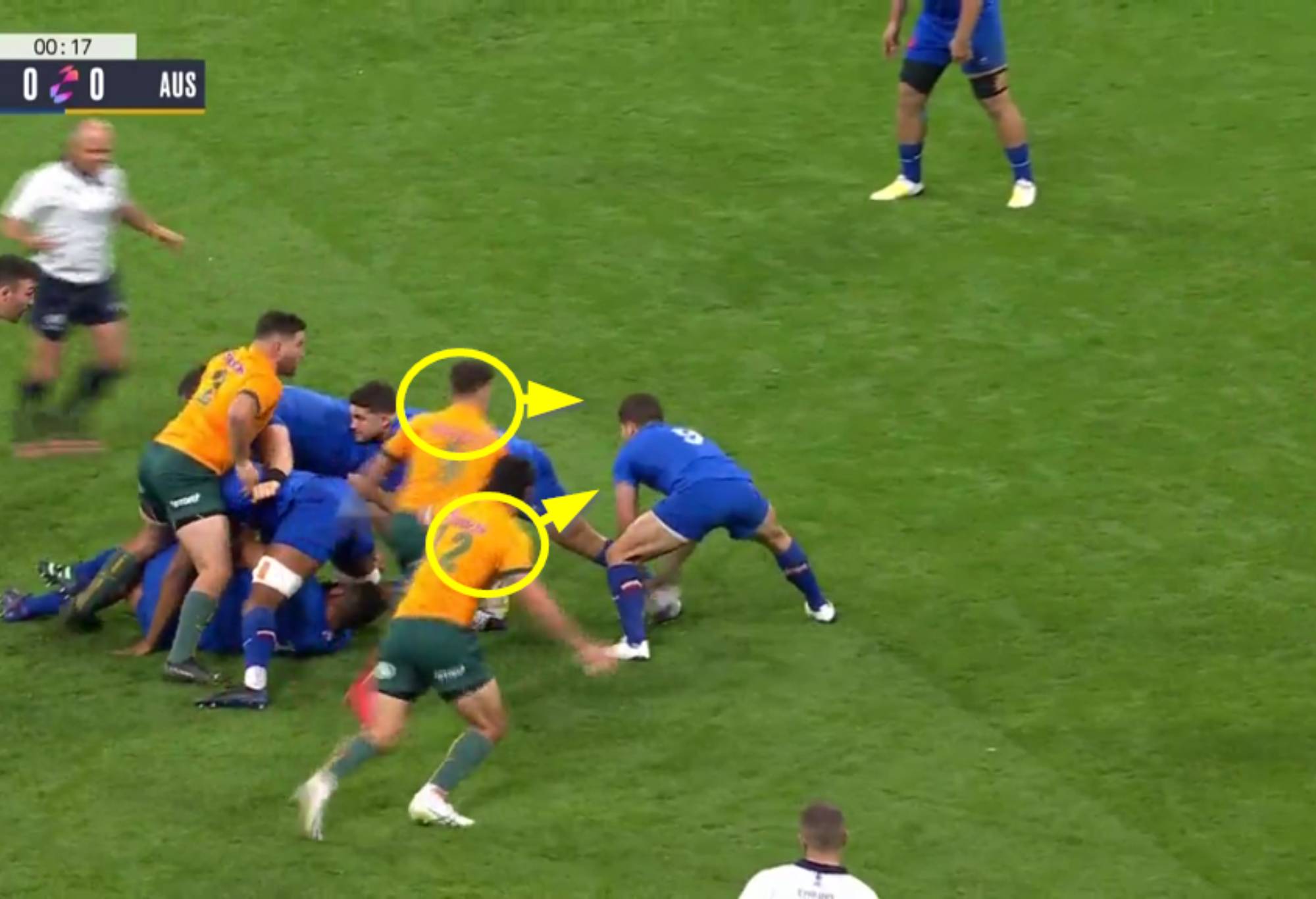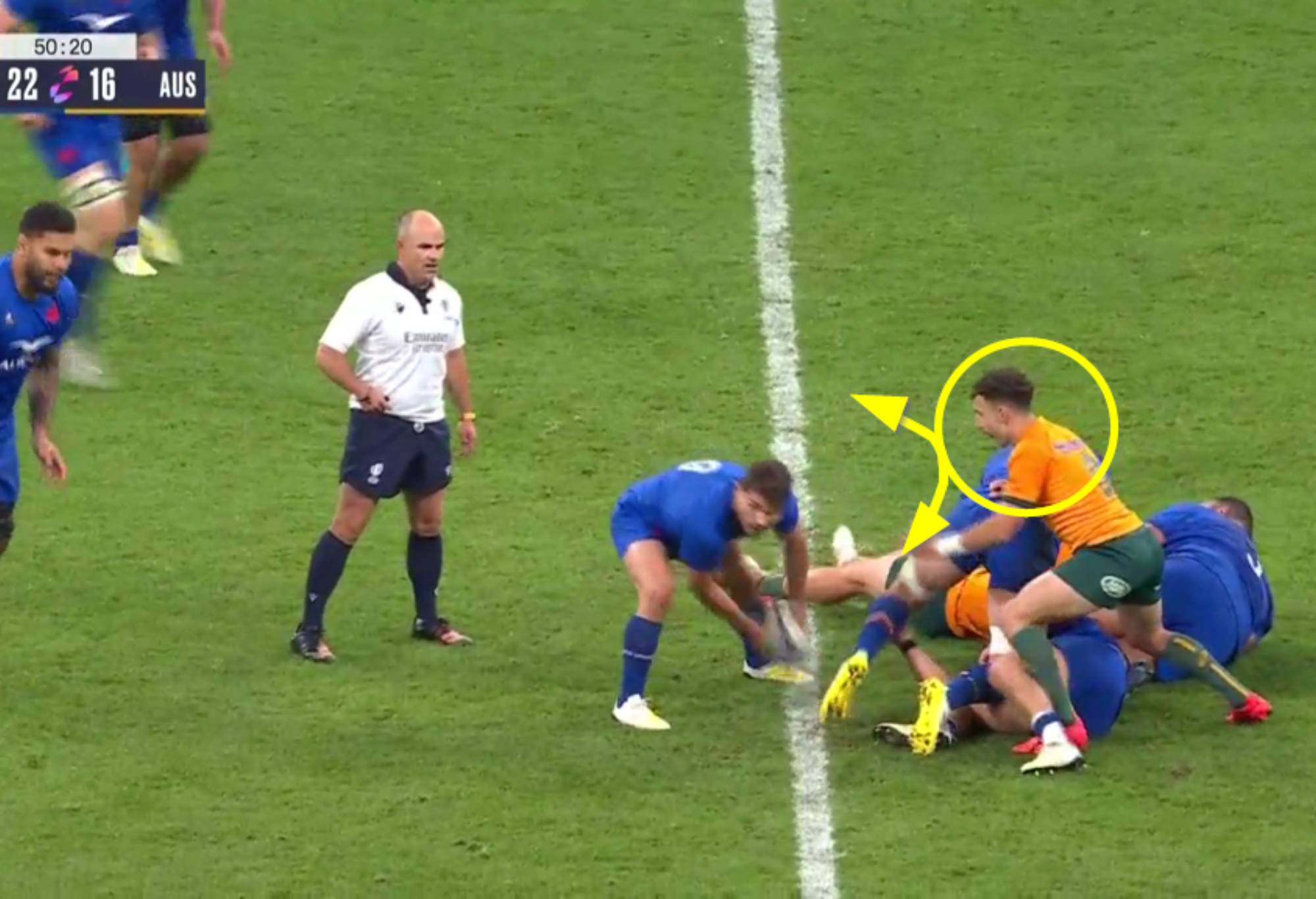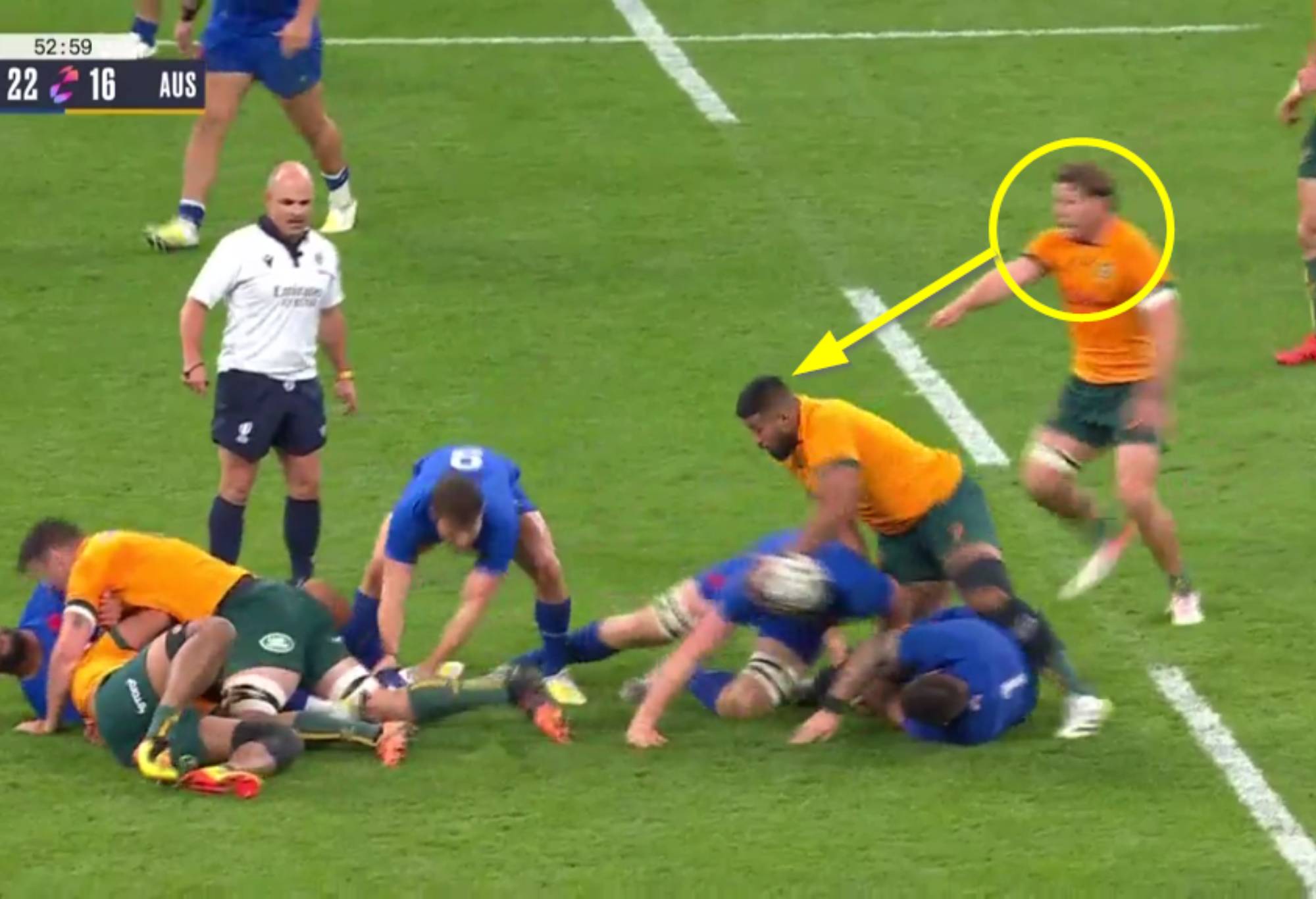It was late 2004, and the autumn leaves were spiralling gently out of the trees as I pulled up at the gleaming, all-in-one Welsh national training facility near Hensol, in the Vale of Glamorgan.
The vista opening wide before me, amid 700 acres of panoramic Welsh countryside, had everything a professional sporting team could possibly need. There were two immaculately-manicured outside training pitches, marked out as clearly as the twin cuts of rough at Golf’s US Masters in Augusta.
There was a lavishly-appointed indoor version when the weather closed in; a luxury hotel for the players in camp, encircled by vast gymnasiums and an 18-hole golf course, and cosseted by a family of bars and restaurants that catered to every taste.
On the other side of the property there were a succession of spacious ‘war-rooms’, with plentiful laptops for all the scheming minds at work before a game is ever played. Gimlet eyes looked up as I passed by, on my way to meet the new Welsh head coach Mike Ruddock.
Mike kicked off the conversation with a quote from the Chinese philosopher-general Sun Tzu: “Victorious warriors win first and then go to war, while defeated warriors go to war first and then seek to win.” At that moment, I knew we were on the same wavelength, and there was a common, unified understanding that most battles are won before they are ever fought.
Wales won the Six Nations championship and a Grand Slam six months later, and the pain of 27 years of waiting was washed away on one sunny, cathartic afternoon in March. Even the Irish did not mind that much when we beat them in the climax at the Millennium Stadium, they understood what it meant to a proud rugby nation which had been starved of success for too long.
If he was looking down and watching events unfold in Paris on Saturday evening, Sun-Tzu might have found himself repeating another of his own maxims: “Attack is the secret of defence; defence is the planning of an attack.”
Defensive consistency is probably the special ingredient which Dave Rennie’s Wallabies have found most elusive, but one which has to be added to a tasty and fulfilling recipe for success. He may like his attacking meat, but there is no taste without the fundamental salt of a robust D.
Even though Rennie’s long-term defensive assistant at Glasgow, Matt Taylor was moved aside mid-term, Australia still had the worst defensive record in The Rugby Championship. They conceded an average of 32.3 points, and 4.1 tries per game, and you cannot expect to win too many titles with those numbers.
Despite the one-point loss to France, Rennie will be very happy that the twin targets of accurate preparation, and intelligent on-field defensive execution were met for more of the time. He said as much after the game:
“No-one really gave us a chance to come to Paris and take on a French side that’s been very impressive over the last 15 months.
“I thought we defended really well. Our defensive maul was really good [again] and our set-piece was reasonably solid.
“Our preparation was excellent this week. They’re a big team, great athletes, you have to bar up defensively and put your body in harm’s way, and I thought we did that really well… The offloading count was 16 [France] to 2 [Australia], so when they have got an advantage, they are prepared to throw the ball around.
“I think we defended really well for a big chunk of the game, and there was a handful of times where they had a bit of time and space, and we were able to scramble and fight for each other and shut them down.
“So, considering the amount of ball they had, to only get a couple of tries [conceded] tonight highlights the fact that we defend them pretty well for big chunks.”
Halving the number of tries conceded against a side which can be so potent in broken-field attack was an excellent harbinger for the rest of the tour. There were no breakdown pilfers against France, but equally the Wallabies only gave up four penalties at the defensive breakdown as they achieved their aim of plugging the rich gusher of attacking play which derives from 2021 World Player of the Year, scrum-half Antoine Dupont.
Australia learned some of the lessons from Murrayfield, targeting Dupont around the base and neutralizing both his kicking and running games. Le petit general of French rugby only ran for 18 metres on 13 carries with no clean breaks, and his run-to-pass ratio dropped to a measly one run for every nine passes made. It was all very un-Dupont like.
The pressure started with the ding-ding of the opening bell still resonating in the ears:

This is intelligent pressure, coming from Dupont’s blind-side through Nic White and Lalakai Foketi, with ‘Whitey’ taking generous Ali Price-like license with the offside line.
Dupont’s next two exits from kick-off receipts failed to make the French 40 metre line and the fourth went straight into touch off his weaker left foot – advantage Australia:
As soon as Dupont makes a move to his left, White rushes up and there are three Wallabies right on top of him. On most phases in open play, the Wallaby scrum-half was the ‘spy’ taking care of all the escape routes for Dupont and forcing him to move play away from the base:

When White was out of the play, there was always another defender on hand to spot Dupont at the base. In this case it is Michael Hooper, rushing Dupont in the ‘boot-space’ and flushing him out sideways and towards trouble:

The compact, powerful half-back was also the main focus of Wallaby attention at set-piece, from lineout drives:
Whatever attacking chances France were going to be able to conjure on the day, they were not going to come up the guts, not through the maul, not via Dupont. In both cases it is Will Skelton destroying the French lineout drive and forcing Les Bleus to expose Dupont on Australian terms, with the spy (Folau Fainga’a or Hooper) waiting to pounce. Things were not much better for the mainspring of French offence from scrums:
In the first instance, White and Hooper between them comprehensively take care of the dual threat of Dupont and Damian Penaud off the short-side wing, while Jake Gordon’s scrag tackle in the second offered the Wallabies one last lifeline in the final moments of the game.
The Wallabies even used Dupont’s kicking game as a platform for counter attacks of their own, not least for a memorable ‘try from the end of the world’ which stunned the home crowd.
Dupont chips through and Len Ikitau regathers in the shadow of his own posts, before initiating a length-of-the-field counter in which Tom Wright skins Penaud on the outer before creating a score for Foketi. The rest was silence, at least a for few minutes.
It was not the only time when a Dupont kick had a better outcome for Australia than it did for France:
A short box-kick off 9 only serves to highlight the fractured nature of the Tricolores’ chase, with Andrew Kellaway making the incision on the return in midfield. The Wallabies may have lost by the odd point, but at least foundations of their defence were never going to be blown over by Dupont, however hard he huffed and puffed.
The diminutive scrum-half had to resort to a strong kick-chase and pilfer to make his inevitable mark on the match:
Dupont takes down Kellaway before reloading to win the turnover at the breakdown and set up a short-range plunge by Julien Marchand for the score.
Summary
Whether or not Dave Rennie and his coaches have read Sun-Tzu, they finally looked to have arrived at a deeper understanding of the importance of defence, and the detailed planning needed to defuse the main opposition threats on Saturday evening in Paris.
You devote as much time to your enemy as you do to yourself. You do not just pick up your weapons, go outside and hope to find a way.
Defence is one legitimate half of the game, as France’s women so eloquently proved in their titanic semi-final against the Black Ferns at the Women’s World Cup in New Zealand. If you are conceding an average of over four tries and 32 points per game, as Australia was in The Rugby Championship, nobody will spend too much time admiring your try-scoring feats.
Not before time, the Wallaby coaching hierarchy appears to have recognised that fact. They had a precise and intelligent plan for the world’s best scrum-half Dupont, a plan which was probably prompted by events at Murrayfield the previous weekend. And it worked.
The Wallabies always made sure they exerted as much pressure around the base as possible, with a spare man ready to spy on Dupont and rush his actions. They forced him to kick before he was ready to kick, or to kick off the wrong foot, or to pass when he really wanted to run.
The outcome was probably as ineffective a performance on attack by Le Petit Generale as any in the past two seasons. And when Dupont isn’t fully firing, neither are Les Bleus. It was an important step forward for the Wallabies, and hopefully it is one which will be reinforced in the remaining three tour matches. When they see both sides of the picture, and keep seeing it to the end of the match, the Wallabies are a pretty good international side after all.
Please note that ‘Coach’s Corner’ will be moving to a new slot on Saturday morning until the end of the autumn series. Hope to see you then!































































































